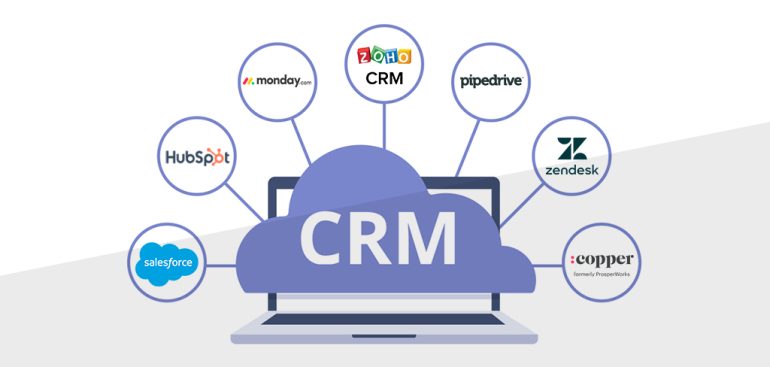Customer Relationship Management (CRM) software has revolutionized the way businesses manage their interactions with customers. From small startups to large enterprises, CRM software plays a crucial role in organizing customer data, improving communication, and enhancing overall customer experience. In this comprehensive guide, we’ll delve into the key features, benefits, and best practices of CRM software to help you understand its significance and how it can benefit your business.
What is CRM Software?
CRM software is a technology solution designed to manage a company’s relationships and interactions with both current and potential customers. It centralizes customer data, including contact information, purchase history, communication preferences, and more, allowing businesses to have a holistic view of their customers.
Key Features of CRM Software
- Contact Management: Store and organize customer contact details, interactions, and communication history in one centralized database.
- Sales Automation: Automate sales processes such as lead management, sales tracking, and pipeline management to streamline sales workflows.
- Marketing Automation: Create targeted marketing campaigns, track campaign performance, and automate marketing tasks like email marketing and lead nurturing.
- Customer Service and Support: Provide excellent customer support by managing tickets, inquiries, and feedback efficiently through CRM software.
- Analytics and Reporting: Gain insights into customer behavior, sales trends, and campaign performance through robust analytics and reporting tools.
- Integration Capabilities: Integrate CRM software with other business tools and platforms such as email clients, e-commerce platforms, and marketing tools for seamless data flow.
Benefits of Using CRM Software
- Improved Customer Relationships: CRM software helps businesses build stronger relationships with customers by providing personalized experiences and timely communication.
- Increased Sales and Revenue: By streamlining sales processes, tracking leads effectively, and analyzing sales data, CRM software contributes to increased sales and revenue generation.
- Enhanced Marketing Campaigns: With marketing automation features, businesses can create targeted campaigns, track ROI, and improve campaign effectiveness.
- Efficient Customer Support: CRM software empowers customer support teams to resolve issues quickly, track customer inquiries, and provide proactive support.
- Data Centralization and Accessibility: Having all customer data in one place ensures easy access, collaboration across teams, and data consistency.
Best Practices for Implementing CRM Software

- Define Your Objectives: Clearly outline your goals and objectives for implementing CRM software, whether it’s improving customer retention, increasing sales, or enhancing marketing efforts.
- Choose the Right Software: Select a CRM software that aligns with your business needs, scalability requirements, and budget constraints. Consider factors such as ease of use, integration capabilities, and customer support.
- Train Your Team: Provide comprehensive training to your team members on using CRM software effectively, including data entry, reporting, and automation features.
- Customize and Configure: Customize the CRM software to suit your business processes and workflows. Configure settings, fields, and automation rules to align with your requirements.
- Monitor Performance: Regularly monitor and analyze key metrics and performance indicators within the CRM software to track progress towards your goals and make data-driven decisions.
- Seek Feedback and Iterate: Gather feedback from users and stakeholders, identify areas for improvement, and iterate on your CRM strategy to optimize results continuously.
Conclusion
CRM software is a powerful tool that empowers businesses to manage customer relationships effectively, streamline operations, and drive growth. By understanding its features, benefits, and best practices, you can leverage CRM software to enhance customer satisfaction, boost sales, and achieve business success.

